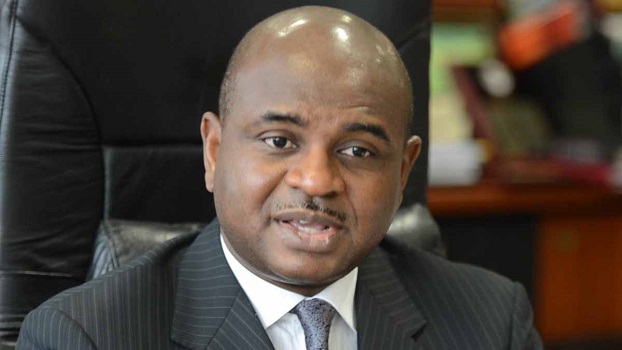A former deputy governor of the Central Bank of Nigeria (CBN), Dr. Kingsley Moghalu, on Monday lamented that the Nigerian government’s excessive involvement in economic issues remained the biggest challenge to re-positioning the nation’s economy on the path of sustainable growth.
Moghalu, who expressed his views on the state of the economy during an interview on Arise TV pointed out that government was too involved, and had politicized economic policies, instead of leaving the issues to the forces of demand and supply to push the economy.
Specifically, the seasoned public policy expert maintained that Nigerian politicians did not understand the economics of the country and cannot tackle the economic challenges since they lacked requisite knowledge to do so.
He explained: “The problem with Nigeria’s economic management is that we are philosophically confused or we are actually not philosophically present at all. You cannot run an economy without a clear philosophy. We are not sure if Nigeria is a capitalist country, a state’s economy or in between. It is not clear.
“You know, the government in Nigeria is involved too much and too deeply in the Nigerian economy and once you do that, it creates room for corruption, arbitrage and prevention of the free flow of the market. This is what is happening to Nigeria”, Moghalu stressed.
Reacting to the huge disparity between the official and black market windows’ exchange rate of the Naira to other foreign currencies, Moghalu pointed out that “a gap of about N160 of the forex rate in the Investors window and the black market indicate a very serious crisis and that is because of the official policy that focused on trying to control the official window of the forex market”
According to him, the reason why this is happening is because the government has the political imperative to control the price of the dollar relative to the Naira, pointing out that “now we are spending a lot of money on things that are not driving Nigeria’s competitiveness in the global economy.”
To reverse the ugly phenomenon, the professor of International Business and Public Policy charged the leaders to summon the political will to implement policies and decide what it wants, instead of playing politics with everything.






